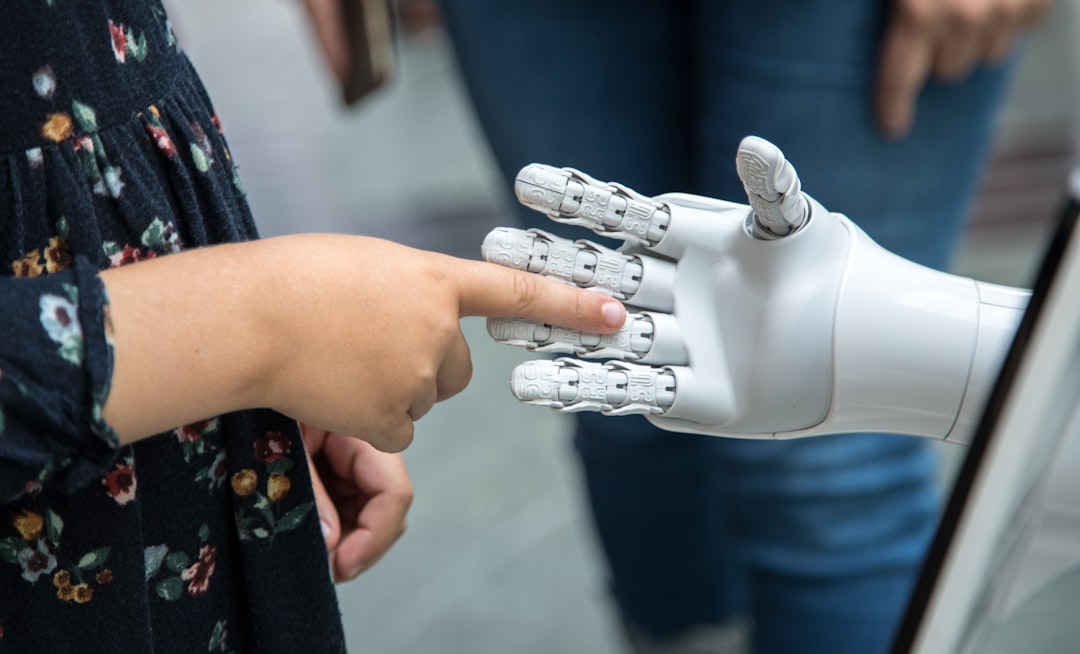In today's knowledge economy, expertise has long been a valuable commodity. People willingly pay for insights from professionals who have spent years mastering complex domains—whether it's legal advice, financial planning, medical consultation, or strategic business guidance. These experts have traditionally served as gatekeepers to specialized knowledge, charging premium rates for their hard-earned wisdom.
However, the rapid advancement of artificial intelligence is beginning to reshape this landscape. As AI tools become increasingly sophisticated and domain-specific, they raise important questions about the future role of human experts across various industries.
The Traditional Expert Economy
Before examining the potential disruption, it's worth understanding what we've historically valued in experts:
- Deep domain knowledge acquired through years of education and practice
- Pattern recognition abilities refined through extensive experience
- Contextual judgment that considers nuanced factors
- Professional accountability and ethical frameworks
- Personalized attention to unique situations
These qualities have justified the significant fees that experts command, creating lucrative careers in law, medicine, consulting, and many other fields.
The AI Challenge to Traditional Expertise
Several developments suggest a potential shift in this dynamic:
Domain-Specific AI Systems: We're moving beyond general-purpose chatbots toward specialized AI trained on industry-specific data. Legal research assistants, medical diagnostic tools, and financial modeling systems are becoming increasingly capable in their narrow domains.
Democratized Access: AI tools significantly lower the barrier to expert-level information. What once required expensive consultation can now potentially be accessed through affordable software subscriptions.
Speed and Scale: AI systems can process vast amounts of information in seconds, reviewing case law, medical literature, or market data at a pace no human expert could match.
Consistent Performance: Unlike humans, AI doesn't experience fatigue, emotional bias, or varying performance based on personal circumstances.
Where Human Experts Maintain Their Edge
Despite these advances, several aspects of expertise remain difficult to replicate through AI:
Ethical Judgment: Human experts operate within ethical frameworks and can make value-based judgments that reflect societal norms and professional standards.
Creative Problem-Solving: The most valuable experts don't just apply known solutions but create novel approaches to unprecedented situations.
Emotional Intelligence: Understanding client emotions, building trust, and navigating sensitive situations remains predominantly human territory.
Interdisciplinary Integration: Top experts often synthesize knowledge across domains in ways that specialized AI systems may struggle to replicate.
Accountability: Human experts put their professional reputation and livelihood behind their advice, creating a level of accountability that AI systems currently lack.
The Likely Future: Augmentation Rather Than Replacement
Rather than a wholesale replacement of experts, we're more likely to see a transformation in how expertise is delivered:
AI-Augmented Experts: The most successful professionals will likely be those who effectively leverage AI tools to enhance their capabilities while focusing their human attention on higher-value aspects of client relationships.
Tiered Service Models: We may see expertise markets stratify further, with AI handling routine matters while human experts focus on complex, high-stakes situations requiring judgment and creativity.
New Forms of Expertise: The rise of AI will likely create demand for new types of experts—those who can effectively prompt, guide, and interpret AI systems for specific domains.
Preparing for the Evolution
For current and aspiring experts, several strategies may help navigate this changing landscape:
-
Develop complementary skills that AI struggles with—particularly emotional intelligence, ethical reasoning, and creative problem-solving
-
Gain proficiency with AI tools in your domain to enhance rather than resist the technological shift
-
Focus on building genuine human connections and trust that transcend informational transactions
-
Consider how your business model might evolve to incorporate AI-enhanced services at different price points
The relationship between human experts and artificial intelligence is still evolving. While certain routine aspects of professional guidance may increasingly be handled by sophisticated AI systems, the most valuable forms of expertise—those involving judgment, creativity, and human connection—will likely remain in human hands for the foreseeable future, albeit transformed by technological partnership.










0 Comments